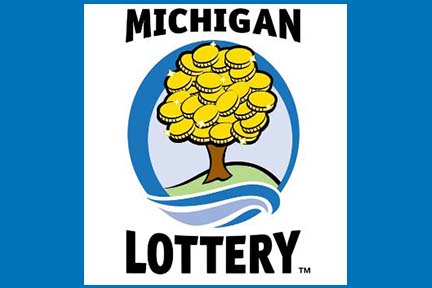
Find and fix leaks during Fix a Leak Week
|
|

|
|

Press Release FOR IMMEDIATE RELEASE: March 20, 2023 CONTACT: Chelsea Wuth, 517-241-2112, [email protected] MDHHS recognizes benefits of having a family physician during Family Medicine Week LANSING, Mich. – The Michigan Department of Health and Human Services (MDHHS), along with Gov. Gretchen Whitmer, the Michigan Academy of Family Physicians and the Michigan Association of Osteopathic Family Physicians are recognizing March 19-25 as Family Medicine Week in Michigan. Family medicine is a medical specialty practiced by family physicians. These physicians undergo extensive training to provide comprehensive care for people of all ages. “Visiting your family physician for regular check-ups and to keep up-to-date on immunizations can help you stay healthy and prevent illness,” said Dr. Natasha Bagdasarian, chief medical executive. “Having a family doctor helps build a lasting relationship with someone who knows you and your family’s medical history and can treat a variety of medical conditions. We recommend all Michigan residents get a family physician or other primary care provider and keep up with routine medical visits.” Family Medicine Week highlights family physicians’ dedication to providing comprehensive, coordinated primary care to residents across the state to protect and improve health and wellness and reduce costs to the health care system. Research shows that adults and children with a family physician as their regular source of care have lower annual costs of care, visit the doctor less, are prescribed fewer medications and report less difficulty accessing care. Family physicians are key partners in Michigan adults and children getting vaccinated against the seasonal flu, COVID-19 and other vaccine-preventable diseases that cause illness and death. To learn more about Michigan Academy of Family Physicians, visit MAFP.com. To learn more about Michigan Association of Osteopathic Family Physicians, visit MAOFP.org. |


FOR IMMEDIATE RELEASE March 9, 2023 Contact: [email protected]
Gov. Whitmer Announces Michigan Lottery’s $1.25 Billion Contribution to Support Schools Across the State
LANSING, Mich. – Today, Governor Gretchen Whitmer joined the Michigan Lottery to announce their $1.25 billion contribution to the School Aid Fund in fiscal year 2022. This marks the Lottery’s fourth consecutive contribution of more than $1 billion to Michigan’s schools.
“The Michigan Lottery’s contributions to our schools over the last 50 years have helped students across the state succeed,” said Governor Whitmer. “Lottery games provide Michiganders with a chance to win life-changing prizes and their purchases support local businesses and public education programs in their communities. I want to congratulate the Lottery team on their fourth consecutive contribution of more than $1 billion to schools across the state. These funds help us continue making historic investment in public education and give every student the tools they need to succeed in the classroom and beyond.”
The School Aid Fund provides funding for public education, including per-pupil funding, special education, at-risk programs, early childhood education, adult education, school lunch and breakfast, career and technical education, and more.
Since 1972, the Lottery has contributed more than $27 billion to the School Aid Fund, supporting public education programs throughout Michigan. In each of the last four fiscal years, the Lottery has contributed more than $1 billion to the School Aid Fund, totaling nearly $5 billion to the fund since FY19.
“During the course of its 50-year history, the Lottery has raised more than $27 billion for public education in Michigan,” said Lottery Commissioner, Brian O. Neill. “These incredible results would not be possible without the support of our players, retailers, vendors, and dedicated public-service professionals across state government.”
For each dollar spent on a Michigan Lottery ticket in FY22, approximately:
Under state law, all profits from the Lottery go to the School Aid Fund. The lottery is one of several revenue sources that support public education in Michigan.
Education Budget – Getting Kids Back on Track In February, Governor Whitmer released her Executive Recommendation for the School Aid Fund and continued historic public education investments. It includes the highest per-student investment in Michigan history for the fifth year in a row without raising taxes, landmark funding to help students and adults build critical reading skills, and free breakfast and lunch to all Michigan public school students. Education-related budget proposals include:
|

|
|
|

|
|
|
|